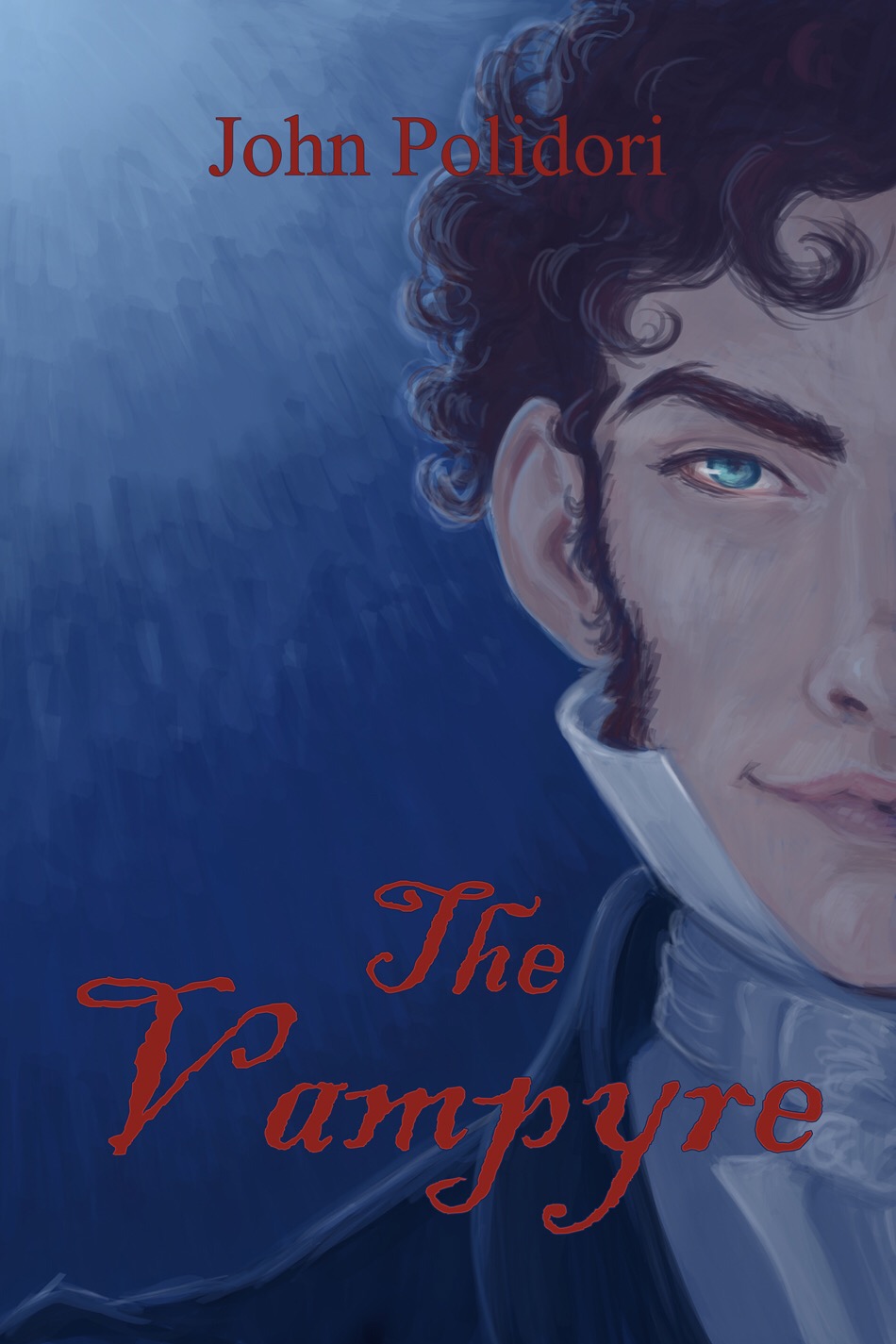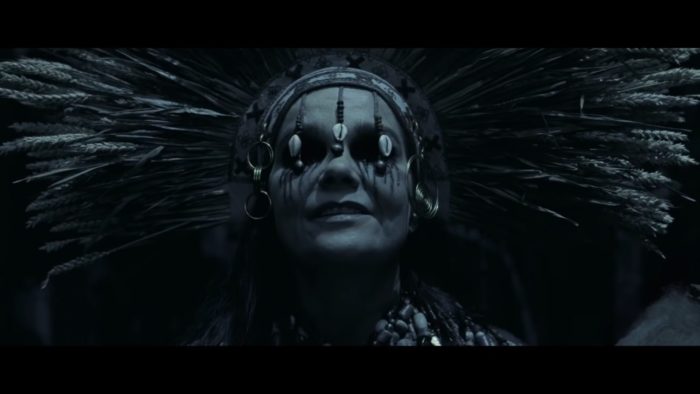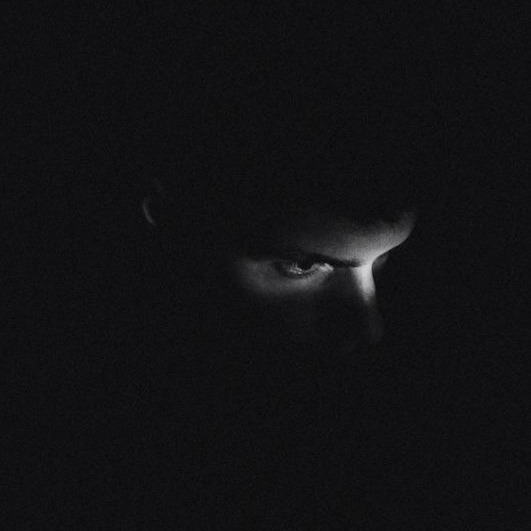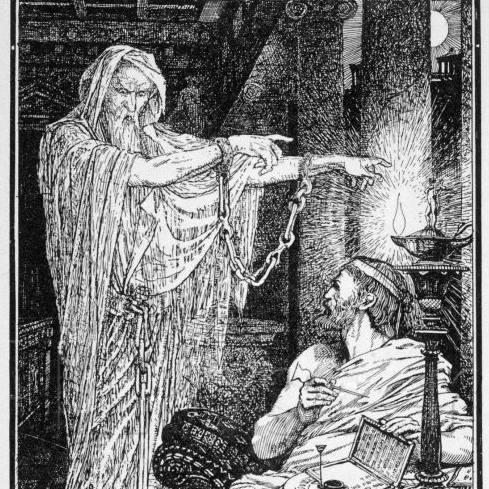Course of Gothic Literature: The Vampyre, by Polidori10:51 Mar 30 2023
Times Read: 72

"The Vampyre" is a short prose fiction work written in 1816 by John William Polidori at Villa Diodati, a vacancy house at a lake near Geneva, Switzerland, where he went as Lord Byron doctor and friend. They joint there Mary Shelley, Percy Shelley -her husband-, Claire Clairmont -her sister-, the contess Potocka and... Matthew Lewis (do you remember the roman The Monk?)
The most important contribution of this novel is the fact that, for the first time in the literature history, the vampire stops to be a monster and becomes a knight. A peculiar knight, as he feeds on the human beings blood, but a knight nonetheless.
Polidori.
The 1816 summer was extraordinary stormy and the June 16 evening the guests at the Villa couldn't go out for a ride, so they began to read a book proposed by Polidori entitled "Phantasmagoriana" (ghost stories). Then, someone had the happy idea of proposing that each one wrote a horror story. So Mary Shelley wrote "Frankenstein" and Polidori "The Vampire". No one else would finish their duty: Lord Byron started a story entitled "The Burial", but it remained unfinished.
After that summer, it seems that Polidori tried to devote himself to literature but not success had. Lord Byron avoided to supporte him, even humiliating him, so their relationship ended. We cannot know exactly his suicide motives, at 26 years old, but it's certain that the suicide would crown him as the prototype of Romantic era gentleman. It is known that, after being dismissed by Byron and having returned to England, he tried to be admitted to a monastery but the prior - aware of the scandals he had experienced in Byron's company - advised him not to do it. The travel diaries he wrote in Byron's company have been lost because her sister burned them for fear of scandal (foolish of her!)
The vampyre.
It's a mistake to attribute "The Vampyre" to Lord Byron (as it happened at the beginning) because its real author was Polidori. The roman has some similarities to Goethe's "The Bride of Corinth", however it seems that Polidori documented himself with a book by Augustin Dom Calmet (1672-1757) called "Treaty on Vampires, undead and Revenants". Otherwise, the style is a bit childish so it is obvious that Polidori was not a novelist profesional and he only wrote as a hobby. By the way, we cannot avoid to smile when, at the end of the roman, Polidori feels the need to clarify that everything had happened was due to "a vampire".
Is "The Vampyre" a gothic roman?
We miss some of the the gothic novel basic characteristics at "The Vampyre" as, for example, we cannot find a medieval location -a castle or abbey building-. Moreover, we must remember that it's a plot born at Romanticism time and and there is no lack of nervous breakdowns in the few ladies who appear... those wonderful "gothic illnesses"... In other way, the supernatural element, without a doubt, is present in the mysterious figure of the vampire, Lord Ruthven, whose origin and destiny are unknown. He is present at London's finest salons, dazzling everyone - larval eroticism. And, well, yes, let's face it, it provokes in the reader a slight "uncanny", especially when we imagine those "barren wastelands of Greece" and who or what might meet our chariot. Incidentally, the journey, for young Aubrey, has all the appearance of a journey of initiation, for he will never be the same again. Profound symbolism.
It is fair to say, to Polidori's credit, that he greatly influenced later literature dedicated to the vampire theme through the figure of Lord Ruthven, who would serve as inspiration for many later vampire novels and stories, such as Sheridan Le Fanu's Carmilla (1872), The Vampire (1851) by Alexandre Dumas (who also wrote The Pale Lady and was inspired by the figure of Lord Ruthven for his novel The Count of Monte Cristo) and Berenice by Edgar Allan Poe, as well as influencing Gogol and Tolstoy (The Family of the Vurdalak) and, above all, Bram Stoker's Dracula.
For that alone, this novel is well worth reading and considering in our list of gothic literature novels.








COMMENTS
-